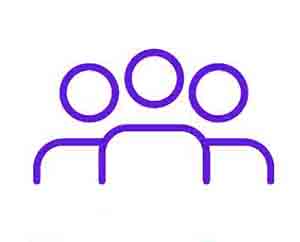
At Richmond we are specialists in English Language Teaching, our goal is to provide solutions to students and teachers in all the countries in which we operate, respecting the uniqueness of each country and culture.
Richmond Solution it's compatible with 




